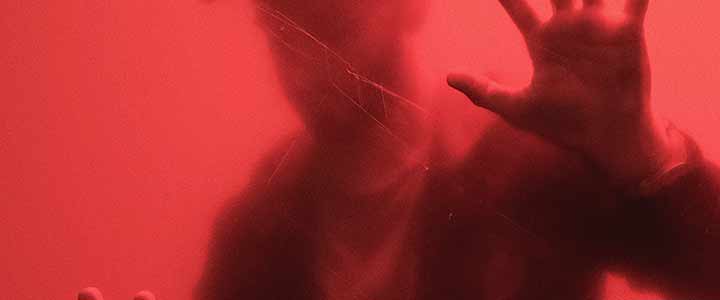Trying to figure out who we are is hard. We start trying to understand ourselves more intensely from our teen years well into our adult years, and for most of us, we really only know the surface level. While we’re trying to figure out who we are and where we belong in the world, we also become acutely aware of how people may perceive us and ultimately, how they may judge us.
Since we are social, and crave a certain degree of acceptance from our peers, their judgement of us matters quite a bit to our sense of belonging and even contributes to who we are, or may eventually become.
Think about what happens when children are bullied. It affects them immensely. It can make them feel rejected, alone, worthless, and may really hurt their self-esteem. This can lead to them withdrawing from people or negatively affect their studies, and may even hurt their confidence in themselves for many years. This is the type of judgement and action that can last a lifetime.
Adults are not immune to it either. Whether you are bullied by your family members, or colleagues, or boss, it still amounts to the same thing. It negatively impacts your self-esteem and how you think and feel about yourself. It can make you feel rejected and unwanted.
For many of us, we try to avert these judgements by doing and saying what we think other people want to see and hear. For example, you might like a pink shirt but don’t wear it for fear of how people will think of you.
You may not speak your mind when you feel it necessary to because you feel your words and opinions may be rejected and people end up looking down on you for it.
We’re constantly thinking about how people judge us throughout the day, even if it is most subconsciously. However, it’s actually pretty normal for people to judge. Our ability to judge allows us to discern what is good or bad for us, what makes us happy or unhappy. It’s just that it also can have a negative side to it, so you need to know enough about yourself, and accept that person so it doesn’t change who you are. At the end of the day, as much as we do to be accepted, we have to do what it takes to also accept ourselves. If not, we’re at the whims of how other people think of us. In such a case, it’s going to be incredibly difficult to find any sort of happiness.
Join us at College of Allied Educators to learn more about yourself, what motivates you, and how you can find happiness, meaning, and success in work, love, and life.
POSTGRADUATE DIPLOMA IN COUNSELLING PSYCHOLOGY
Postgraduate Diploma in Counselling Psychology (PGDICP) is a counselling psychology course accredited by the Singapore Association for Counselling (SAC). The part-time Postgraduate Diploma in Counselling Psychology programme focuses on developing and enhancing experiential knowledge and skills through a holistic approach. Some of the subjects covered include Counselling Children, Addiction Intervention, Crisis Intervention, and Family Therapy.
ADVANCED DIPLOMA IN COUNSELLING PSYCHOLOGY
Advanced Diploma in Counselling Psychology (ADICP) trains students to apply appropriate counselling skills in different situations while understanding their underlying theories. The ADICP programme introduces students to the nature of psychology and relates it to the theories and concepts of counselling. Students move on to explore themselves in order to promote personal growth and self-awareness, acquiring the key attributes of a competent counsellor and the proper methods of applying those skills.
DIPLOMA IN COUNSELLING PSYCHOLOGY
Diploma in Counselling Psychology (DCPSY) is a counselling course covering a range of conceptual and functional skills in counselling. It trains students to apply appropriate counselling psychology skills in different situations, and equips students with the ability to work effectively as a counsellor.
For a FREE COURSE PREVIEW
CALL US at 6533-0031 EMAIL your enquiry to ENQUIRY@ICAE.EDU.SG
or Register for your free preview below:

